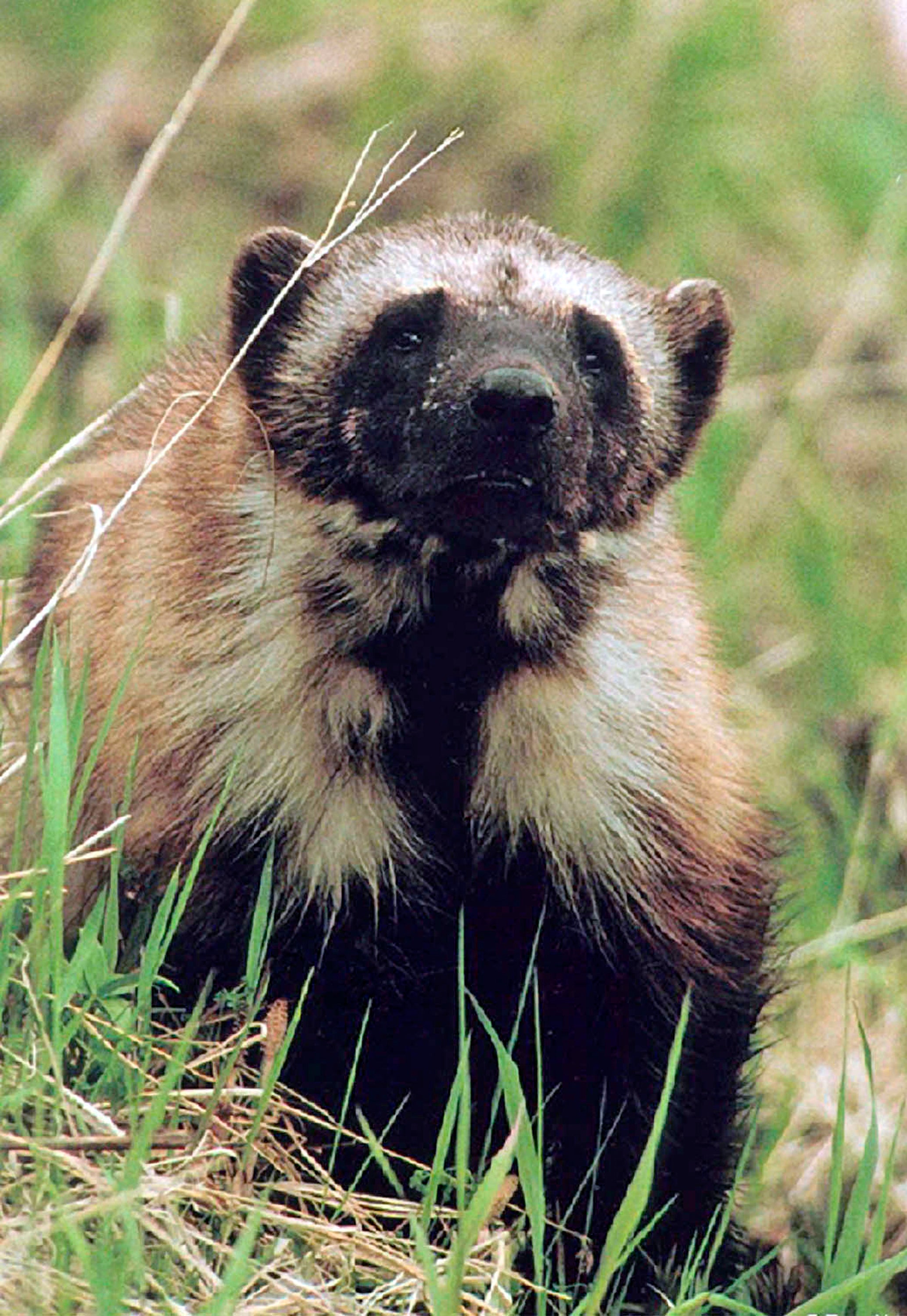Wolverines may soon get government protection
There are around 300 wolverines left in the wild in the US, and could face extinction due to the melting of their habitat
Your support helps us to tell the story
From reproductive rights to climate change to Big Tech, The Independent is on the ground when the story is developing. Whether it's investigating the financials of Elon Musk's pro-Trump PAC or producing our latest documentary, 'The A Word', which shines a light on the American women fighting for reproductive rights, we know how important it is to parse out the facts from the messaging.
At such a critical moment in US history, we need reporters on the ground. Your donation allows us to keep sending journalists to speak to both sides of the story.
The Independent is trusted by Americans across the entire political spectrum. And unlike many other quality news outlets, we choose not to lock Americans out of our reporting and analysis with paywalls. We believe quality journalism should be available to everyone, paid for by those who can afford it.
Your support makes all the difference.A long-awaited government protection is due to be bestowed upon the North American wolverine after scientists pushed for awareness of the destruction of their habitat.
In a proposal released on Wednesday by the Biden administration, officials outlined that species in danger will meet the requirements if they are affected by the “ongoing and increasing impacts of climate change and associated habitat degradation and fragmentation.”
After around two decades of disputes over how impactful climate change is to the survival of wolverines, it is only now that the small remaining population will be protected.
Most wolverines in the US were wiped out by the early 1990s due to unregulated trapping and poisoning campaigns, meaning only about 300 are left in the wild, living high up in the northern Rocky Mountains.
It has taken years for scientists to convince the US government that this small group needed protection, as they warned that climate change will melt away their snowy mountain habitat in the coming years and surge them towards extinction.
However, climate change has always been a contentious subject amongst the US government, with the petition to keep them safe rejected several times, some under the Trump administration in 2020.
Federal wildlife officials rejected the proposal at the time because they believed that enough snow would fall on the mountains for wolverines to den in, which is essential for the survival of their young.
In 2022, however, a federal judge ordered the government under Biden to make a final decision on these furry weasel-like creatures.
But the resistance didn’t end there, as lawmakers in Montana tried to delay the decision by claiming that scientists’ estimates about climate change were too inaccurate to bestow protection.

The Fish and Wildlife Service said on Wednesday that they were “not concerned” that the wolverines would affect ski resorts as they tend to avoid those areas, but off-grid and backcountry skiing and snowmobiling could harm the animals.
Some scientists have suggested that if wolverines were relocated to another state, that could conserve the animals and move them away from areas where they are more likely to get trapped – a type of hunting.
At least 10 wolverines have been accidentally captured in Montana since trapping was restricted in 2012, resulting in three of them being killed.
In Idaho, trappers have accidentally captured 11 wolverines since 1995, also killing three.
Wolverines are usually found in remote areas of Montana, Wyoming, Idaho and Washington state, but their sparse population makes conservationists worried they could be extinct in the near future without the species protection.
The proposal for protection “gives the wolverine a fighting chance for survival,” said Timothy Preso, an attorney for the group Earthjustice.
Wolverines will join a list of over 1,000 species endangered in the US, from toads to gazelles, polar bears to crocodiles.

Join our commenting forum
Join thought-provoking conversations, follow other Independent readers and see their replies
Comments